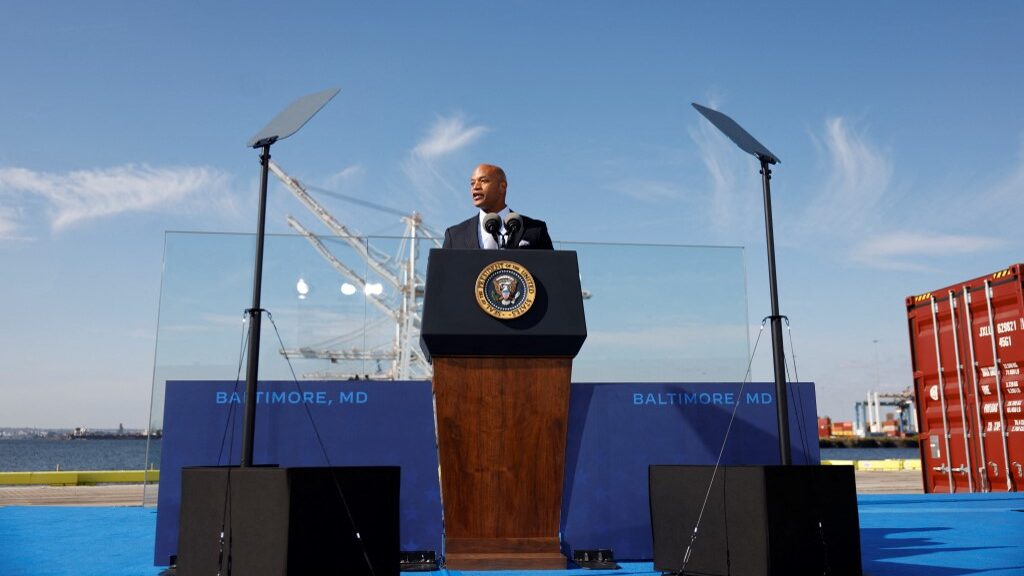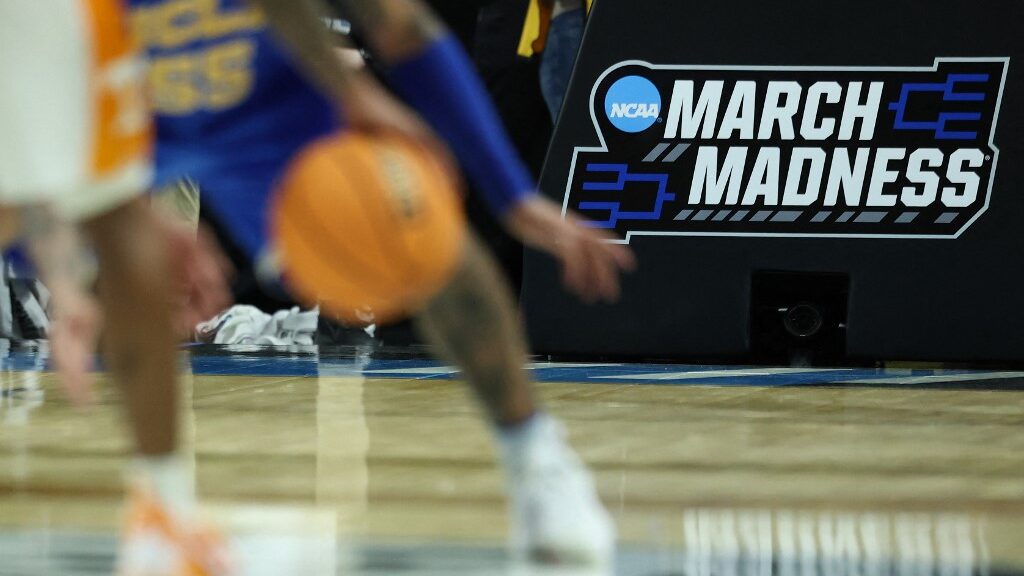
Despite being the first state to launch retail sports betting shortly after PASPA —the federal law prohibiting sports betting that was struck down in 2018—, Delaware has curiously sat on the sidelines while other states have reaped the benefits of mobile sports betting.
According to reports, that could be changing. Let’s take a look at what the future holds for Delaware sports betting.
First But Not Next
Imagine a company buying a party yacht to rent out but keeping it docked throughout the year. It doesn’t make much sense and that pretty much illustrates the curious thinking behind Delaware’s decision to be the very first state in the union to offer sports betting but sequestering it to the retail level.
Only weeks after the Supreme Court struck down the Professional and Amateur Sports Protection Act of 1992, Maryland didn’t skip a beat and swung open its betting windows.
“We look forward to next week’s launch,” Gov. John Carney said in a statement at the time. “We’re hopeful that this will bring even more visitors into Delaware to see firsthand what our state has to offer.”
Certainly, it would be a draw for people to come to Delaware, but the much more lucrative mobile betting would be the logical next step. However, that wasn’t necessarily logical, nor has it yet, to be the next step in the minds of Delaware legislators, despite overwhelming evidence that mobile betting captures an average of 90% of the betting market, while retail picks up its crumbs.
Better Late Than Never
Delaware’s tax coffers have swelled by over $62 million due to its cut from sports betting operators since the launch in May 2018, and legislators are just now wondering how much more the state could reap should it launch a mobile version.
It seems odd that it would take them five years of watching other states amass tens of millions from online sportsbooks before being convinced it might not be a bad idea. But better late than never, and the House Internet Sports Lottery Legislative Working Group is the body charged with exploring this not-so-new horizon.
This exploratory committee is examining mobile sports betting blueprints in other states to determine which version would work best in Delaware. One highlight of their research seems to be pointing to online sports betting operators partnering with racetracks in the state, but there is still a long way to go before this moves forward.
Wiliam Bush, State Representative and member of the committee, spoke about the benefits of competition, “From our review and our perspective, we think that having more is better for lotteries, because it creates more competition, it ensures that everyone has a good platform, and it allows more options for the public to choose what they want to do.”
Therein lies the problem, because Delaware has already contracted with Rush Street Interactive (RSI) for its online gambling products and possible sports betting platform. Inviting competition would breach the exclusivity of RSI’s agreement and could cause legal entanglements.
Delaware Lottery Director, Helene Keeley, said the contract signed with RSI should be sufficient to bring mobile sports betting to the masses with one platform.
“We will implement what the legislature tells us to do, however, the lottery believes that one vendor is sufficient for the state of Delaware,” she said.
But should the legislature approve multiple vendors then another meeting would be required with RSI to renegotiate the deal. Keeley stated that if such an event were to occur, “I’m sure they [RSI] would want different parameters.”















